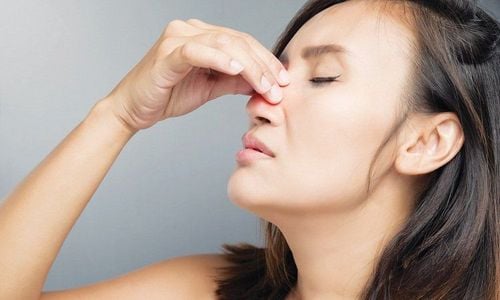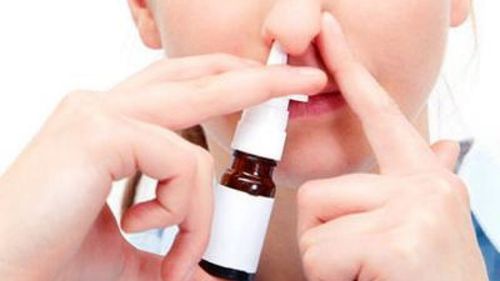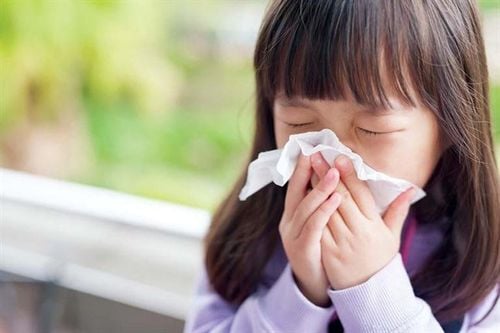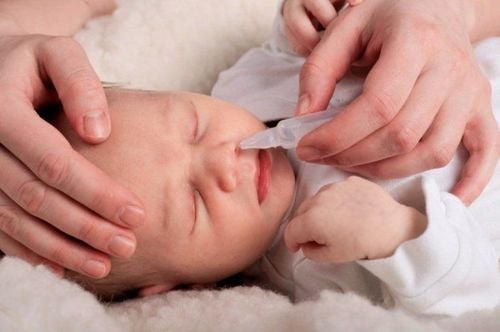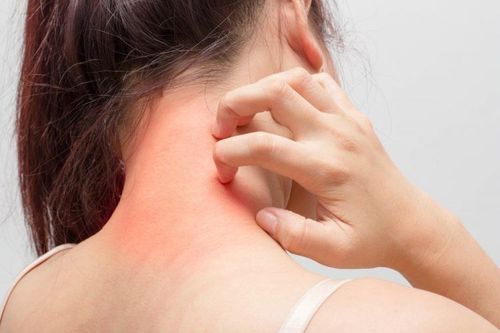This is an automatically translated article.
The article is written by MSc Pham Khac Tiep - Pediatrician, Pediatric Center - Vinmec Times City International General Hospital.
According to ARIA recommendations: Rhinitis is defined as inflammation of the nasal cavity mucosa and is characterized by symptoms such as sneezing, runny nose, stuffy and/or itchy nose. These symptoms last for at least 2 or more consecutive days or more than 1 hour on most days. Allergic rhinitis is defined when the above inflammatory symptoms are triggered by an allergen.
1. What should you pay attention to when treating allergic rhinitis?
Patients with allergic rhinitis require ongoing follow-up care as this is a chronic disease, with seasonal and age-changing symptoms requiring medication adjustment. Therefore, you need to follow the medication regimen as well as re-examine the child.
Diet doesn't help because allergic rhinitis is not triggered by food.
Daily physical activity is not limited. However, children with allergic rhinitis caused by certain pollens should avoid being outdoors during the highest pollen times of the day. This time varies by pollen and location.
The most important exacerbation prevention measure is to avoid the allergen that causes the symptoms. This means controlling the living environment, keeping the home clean, and patient adherence to medication.
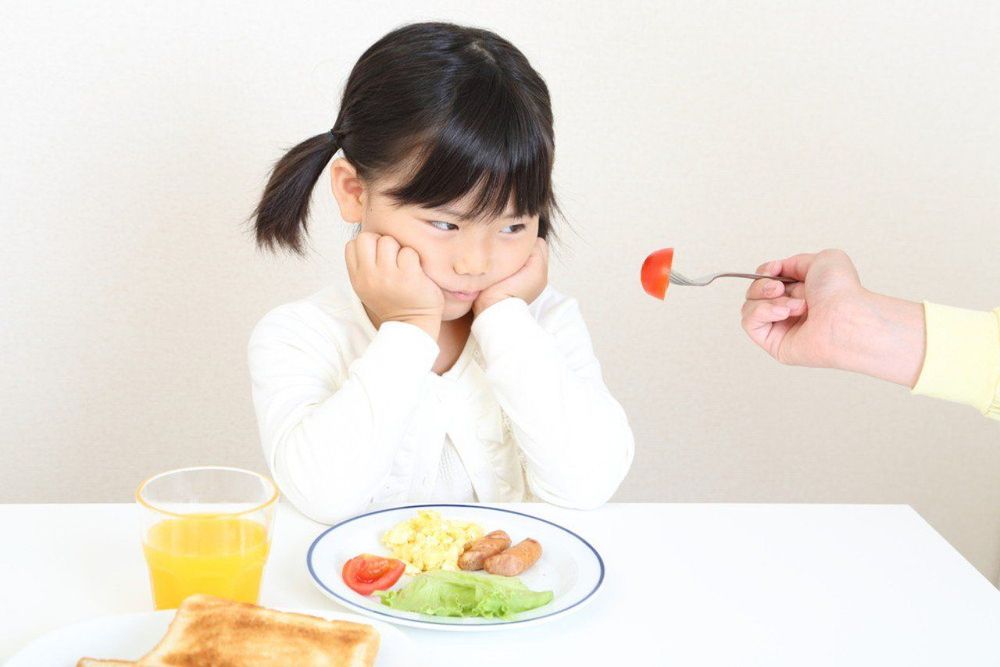
Trẻ bị viêm mũi dị ứng không cần ăn kiêng bất kỳ loại thực phẩm nào
2. What is the treatment for children with allergic rhinitis?
Treatment of allergic rhinitis can be divided into 3 categories: allergen avoidance or environmental control, pharmacological and allergen-specific desensitization immunotherapy.
Habitat Controls Use of environmental controls has not been fully explored in most patients. For many patients, removing the stimulus can have a dramatic effect. Trigger elimination can be straightforward if removing feather pillows or blankets is typically associated with a house mite allergy; or do not keep dogs, cats ... for children with allergies to dog or cat hair.
Although outdoor pollen avoidance is not possible, patients can reduce pollen exposure to reduce symptoms. This is sometimes as simple as closing the bedroom window, using the air conditioner.
Drug therapy Many classes of drugs are used for allergic rhinitis, including antihistamines, corticosteroids, decongestants, saline, and antileukotrienes. They can be subdivided into groups that are used topically and orally.
The following drugs are used in pediatric patients with allergic rhinitis:
Second generation antihistamines (eg, loratadine, desloratadine, fexofenadine) Nasal spray corticosteroids (eg, budesonide, ciclesonide, flunisolide , fluticasone)
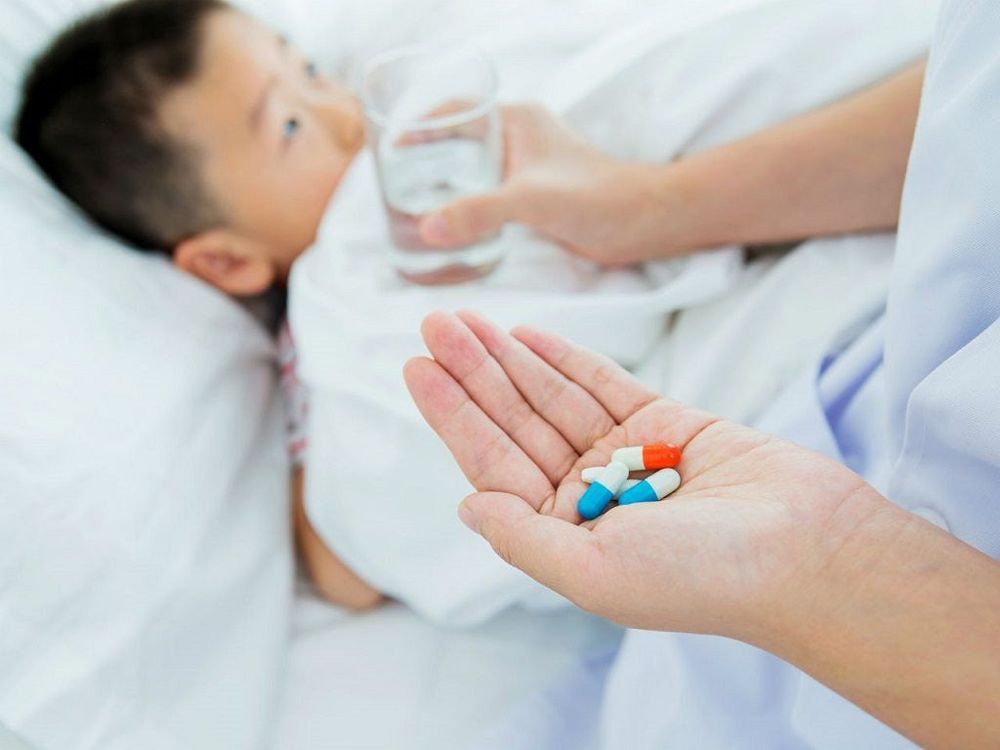
Bệnh viêm mũi dị ứng ở trẻ nhỏ có thể điều trị bằng liệu pháp dùng thuốc theo chỉ định của bác sĩ




